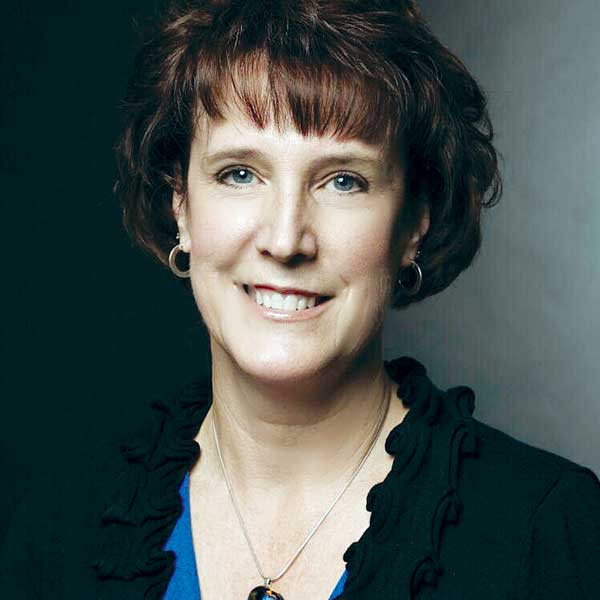
He held a look of confusion as I spoke about what he needed to be worried about concerning the viral load in the care setting. Several individuals have tested positive for SARS CoV-2. Viral load is understood to be the amount or concentration of a virus in a given quantity of blood, saliva, mucus or other bodily fluid. In the case of SARS CoV-2 (COVID-19) a single sneeze can cause a massive spread of the virus due to the viral load or how much of the virus is present within the infected individual.
Additionally, the viral load or the amount of the virus present in the environment creates the opportunity for further transmission to other individuals. Think also about how high the viral load can be in an environment anytime one individual is positive.
Now envision what the viral load is like when there is more than one individual with the virus. You must take quick action to decrease the amount of the virus being presented into the environment. You must decrease the viral load present because all the virus wants to do is find a new individual to infect so the virus can live on. Your job is reduction and interruption of the virus’s plans for survival.
In the same meeting where I spoke about the need for action to reduce COVID-19 viral load, we spoke about staff morale. How do you express gratitude for all the people that are working in what is certainly the most challenging of times? I shared, tongue-in-cheek, that the need was in essence a viral load of gratitude. Except with a viral load of gratitude the goal is to increase the load by 100 fold. Share it freely and nurture it to spread throughout the facility. The more that gratitude spreads engagement and satisfaction grows with it.
This time of the year it is easy to think about giving thanks for a job well done. Growing gratitude is more than saying thank you and great job. Just as a virus must have a host cell to survive so must gratitude have a system to thrive. But here is the punch line: When the practice of gratitude is cultivated, it grows and infects others. When that happens, workplaces become places that people want to be, even in the hardest of times. The research is clear, but my own experience has proven that to be true as well.
Dr. Robert Emmons, a professor of psychology at UC-Davis says it the best: “Gratitude is the ultimate performance-enhancing substance at work.” He shared the following to help us to start to increase the load of gratitude that flows through our workplaces:
- Notice the small things. At the end of a day or shift, write down three things that went right. Acknowledging what went right keeps us focused on what we have to help us.
- Catch a coworker doing something right. Tell them how you felt seeing them doing what is right. Express your thoughts instead of saying a simple thank you.
- Write a note expressing your gratitude to a coworker or employee. Send it to their home.
- Write a note expressing your deep appreciation for the time that your employees have given to their families. Mail it to them.
- Create a digital gratitude folder. Spontaneously send out to your teams. Scroll through it the days you need a boost. My favorite is a video called “A Good Day with Brother David Steindl-Rast.” I have added the link for you.
I know you may be thinking, “I do not have time to cultivate gratitude. I am fighting a battle with COVID.” I would share with you that you do not have time to not increase the load of gratitude within your care settings.
Gratitude takes work, but it’s worth it. Being mindful of what’s right can help build momentum into a beneficial upward cycle that spreads like wildfire. The good kind of wildfire. The kind that keeps people loving what they do.
With that being said, on behalf of all the families who lean into you every day in the care that you provide to those we love, we hold you in our hearts and we say words of gratitude that you are there.
THANK YOU!
Martie L. Moore, MAOM, RN, CPHQ, has been an executive healthcare leader for more than 20 years. She has served on advisory boards for the National Pressure Ulcer Advisory Panel and the American Nurses Association, and she currently serves on the Dean’s Advisory Board at the University of Central Florida College of Nursing and Sigma. She recently was honored by Saint’s Martin’s University with an honorary doctorate degree for her service and accomplishments in advancing healthcare.




